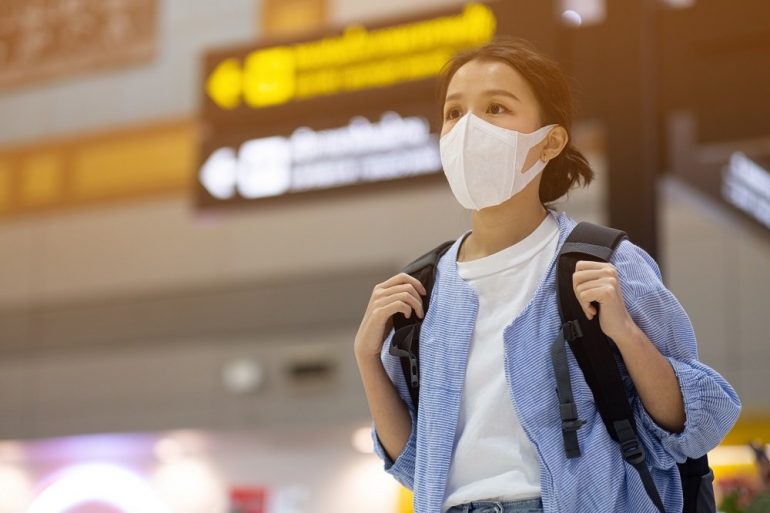The UN World Tourism Organization has released a package of guidelines to help the tourism sector emerge stronger and more sustainable from its crisis. COVID-19.
"The guidelines underline the need for decisive action to restore confidence and, as the organization strengthens its partnership with Google, to strongly support innovation and the digital transformation of global tourism," the agency said in a statement.
The guidelines were prepared in consultation with the World Tourism Crisis Committee and aim to support governments and the private sector to recover from the unprecedented crisis, it said.
Depending on when the travel restrictions are lifted, the United Nations agency warns that international tourist arrivals will fall by between 60% and 80%.
That puts 100-120 million jobs at risk and could lead to export losses of between $ 910 billion and $ 1,2 trillion, he added.
The Secretary-General of the World Tourism Organization, Zurab Pololikashvili, said that "these guidelines provide governments and businesses with a comprehensive package of measures designed to help them reopen tourism safely, smoothly and responsibly".
"It is the product of enhanced cooperation that has characterized tourism's response to this common challenge, building on the knowledge and contribution of the public and private sectors and of several UN agencies as part of the wider UN response," he added.
According to the announcement, the guidelines focus on seven priorities based on the pillars of mitigation of economic impact, the development of security protocols and coordinated responses, and the promotion of innovation.
They emphasize the importance of restoring travelers' confidence through safety protocols designed to reduce risks at every step of the tourism value chain, it said.
These protocols include the implementation of control procedures where appropriate, such as temperature taking, diagnostic tests, physical removal, more frequent cleansing and the provision of hygiene kits for safe air travel, hospitality services or safe events, is added.
